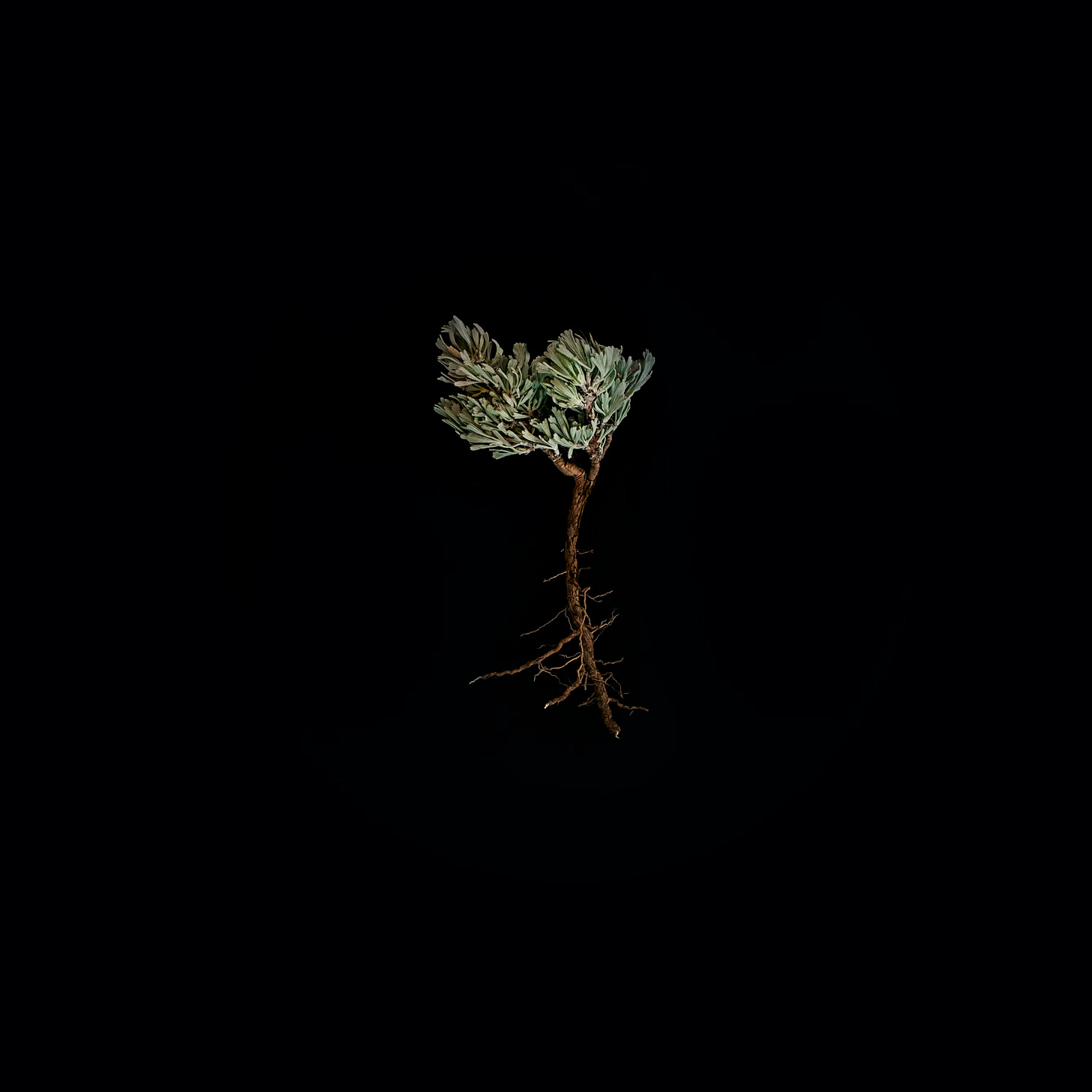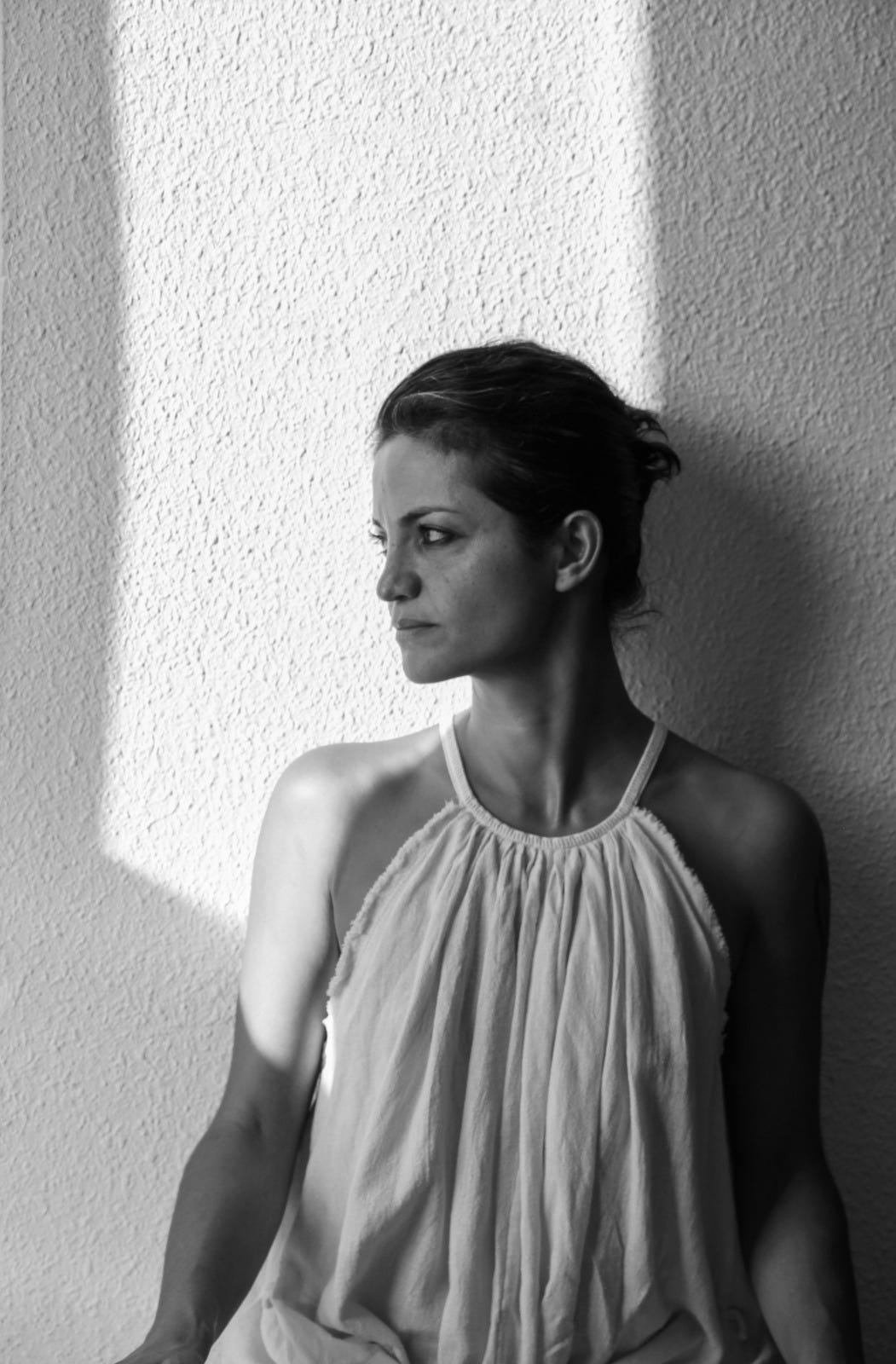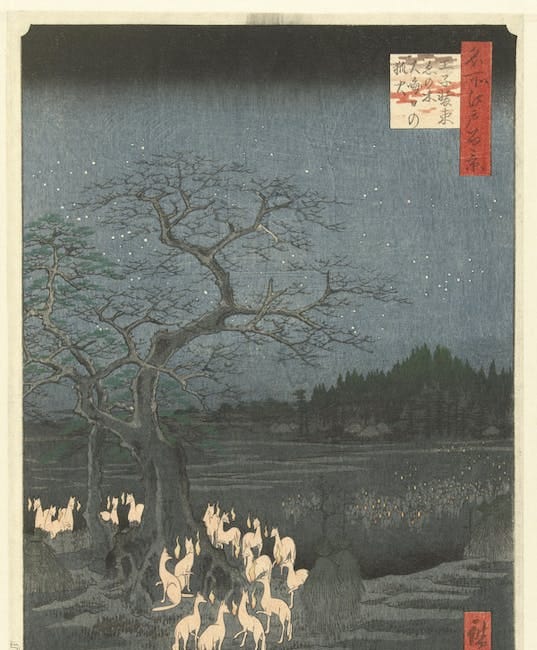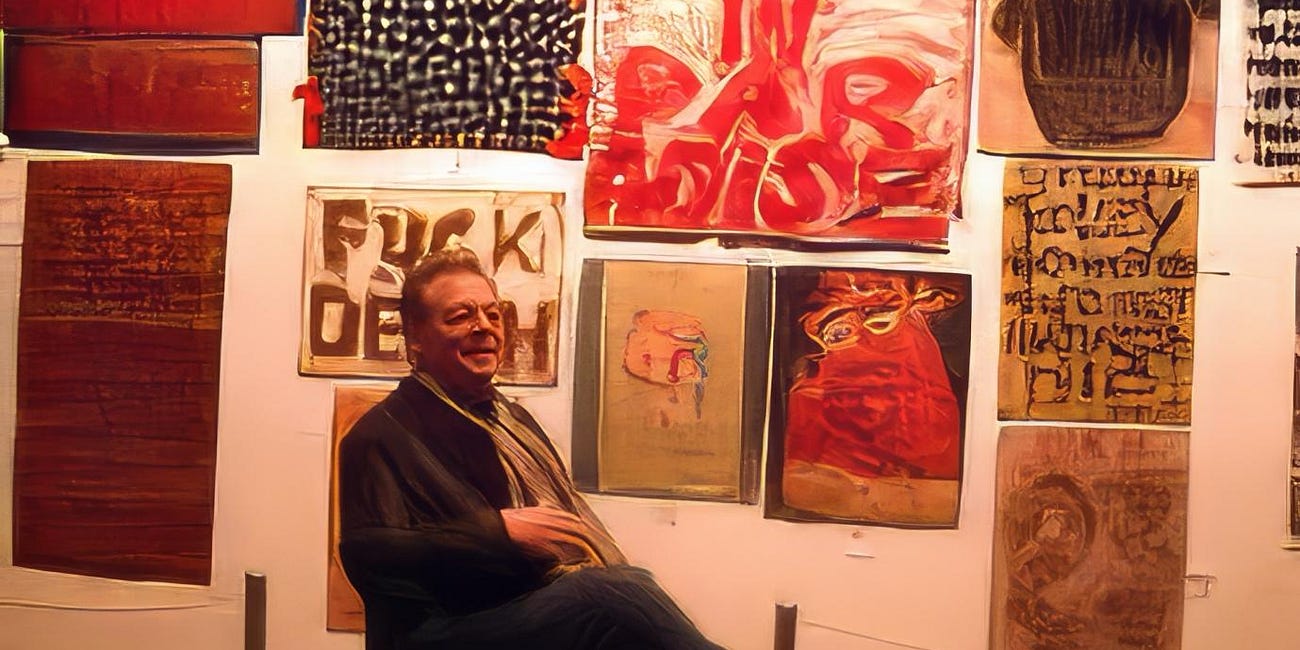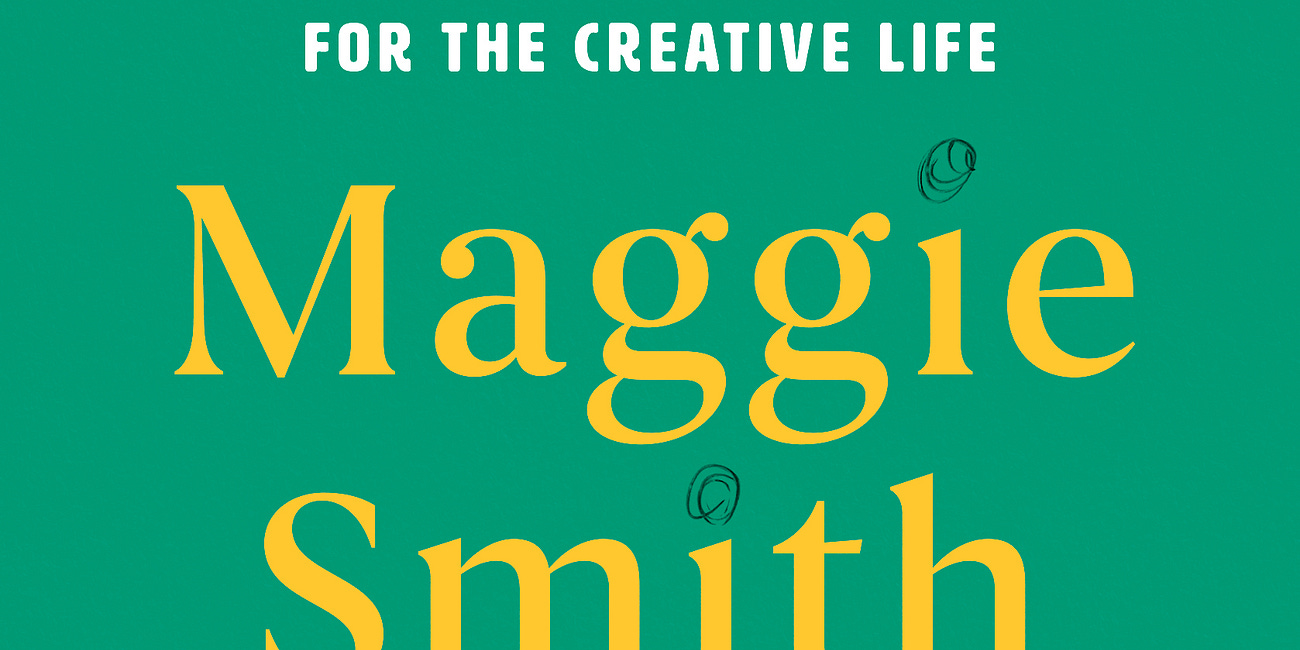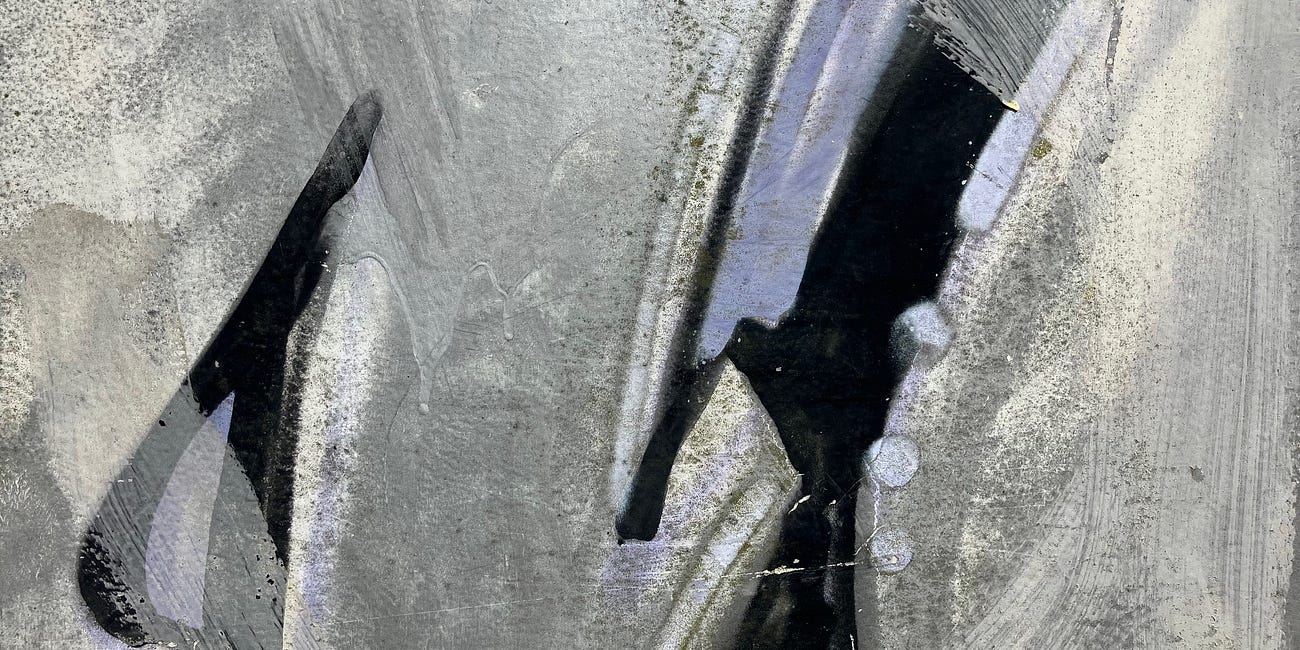New Paths in Deep Soil: On Turkish Poets Deniz Durukan, Aylin Antmen, and Nilay Özer
Öykü Tekten discusses the poetry of Deniz Durukan, Aylin Antmen, and Nilay Özer, translated from the Turkish by Jeffrey Kahrs and Mete Özel.
(Read our recent Turkish poetry feature here!)
Modern Turkish poetry has always been restless, remaking itself with each generation. From Nazım Hikmet’s vast cadences of labor and love, through Orhan Veli Kanık’s disarming plain speech, to the dreamscapes of Cemal Süreya and Turgut Uyar, the tradition has fractured and reassembled itself in search of new forms. Yet much of its texture—its idioms, silences, and shifting rhythms—has remained elusive beyond its borders.
For most of the twentieth century, however, the scene was dominated by male poets. Literary circles, shaped by the same hierarchies that governed society, reduced women’s presence to an afterthought. Patriarchal conventions rendered their voices marginal, their poems treated as digressions rather than contributions. Those who wrote despite the poetry lords had to resist an atmosphere of dismissal and erasure.
Even so, a handful of women carved out openings against the grain. Gülten Akın, Türkan İldeniz, and Nilgün Marmara among others wrote in ways that could not be ignored. Akın’s unyielding lyricism, İldeniz’s bold and imagistic language, Marmara’s searing interior landscapes—each bore the mark of struggle, not only with language but with the conditions that sought to silence and erase them. Their poems, whether quiet meditations, fierce confessions, or raw reckonings with despair, forced new ground into being, though often at deep personal cost.
It was not until the early nineties that women began to claim a more visible and undeniable place in Turkish literature. By then, the groundwork laid by earlier pioneers had shifted the atmosphere, so that a new generation could write not as exceptions, but as architects of the tradition. Their presence reshaped the literary landscape, infusing it with registers of intimacy, defiance, and resilience that had long been suppressed.
Deniz Durukan, Aylin Antmen, and Nilay Özer, the poets featured in this chapbook, carry that lineage forward, each with a language distinctly her own. Durukan writes with the voltage of rock chords and streetlight shadows, her verses raw with tenderness and defiance. Antmen’s poems drift toward the elemental, turning loss into an almost mineral clarity, where roots and stars whisper of renewal. Özer fuses science and folklore in startling harmony, her lines at once sharp and porous, her clarity of thought interlaced seamlessly with intensity of feeling. Their work speaks both backward and forward—anchored in the deep soil of Turkish poetry while insisting on new paths.
Through the attentive translations of Jeffrey Kahrs and Mete Özel, these poems cross linguistic thresholds without losing their urgency. They invite us to listen closely, to hear not only the voices of three singular poets, but the echo of those before them—ones that continue to shape, fracture, and expand the living fabric of Turkish poetry. At a time when Turkish poetry remains underrepresented in world literature, such translations are vital: they open a passage for these voices to resonate more widely, ensuring they are not confined to their native tongue but allowed to enter the larger conversation of global poetry. In this exchange, both languages are transformed: Turkish finds release from its confines, while English absorbs new rhythms and cadences.
Öykü Tekten
August 2025
Granada
Öykü Tekten is a poet, translator, archivist, and editor. She is a founding member of Pinsapo Press, an art and publishing collective devoted to work in and about translation and serves as a contributing editor and archivist with Lost & Found: The CUNY Poetics Document Initiative. Her translations include Separated from the Sun by İlhan Sami Çomak (Smokestack Books) and Selected Poems by Betül Dünder (Belladonna*), with her translation of Birhan Keskin’s Earthly Conditions forthcoming from World Poetry Books in October 2025. She is the general editor of the Kurdish Poetry Series at Pinsapo Press and coeditor of the annual Best Literary Translations Anthology from Deep Vellum.
So Far This Month in The Fortnightly Review:
Elegies on Brambles: On Jennifer Moxley, Stephen Rodefer, and Poetic Grief
Jennifer Moxley’s 2014 collection of poetry, The Open Secret, includes an hilarious and sorrowing versified Deaths of the Poets entitled ‘R.I.P.’ recounting the many ways in which poets have met a bad end before memorializing, perhaps sardonically, one who ‘died contented in a comfortable bed’. A year after
The Fortnightly Interview: A Good Memory Is a Friendly Ghost
In her new book Dear Writer: Pep Talks & Practical Advice for the Creative Life (Washington Square Press/Atria), award-winning poet and memoirist Maggie Smith (You Could Make This Place Beautiful; Good Bones) draws on her over twenty years of teaching, editing, and writing to offer practical advice to writers at every level of experience. Smith breaks d…
"La Bellezza" and another poem by Miranda Beeson
La BellezzaDe Niro's dark eyes at Da Silvano's when Saturdays were time, wine & high heels. Harvey Keitel burning a hole in my soul on Sheridan Square. William Hurt in the beveled mirror at 1 Fifth. A blue flame. Me starring in a role called Beauty setting late night streets on fire. Flick of hot ash, burn of power & desire. The fuck of it. …


